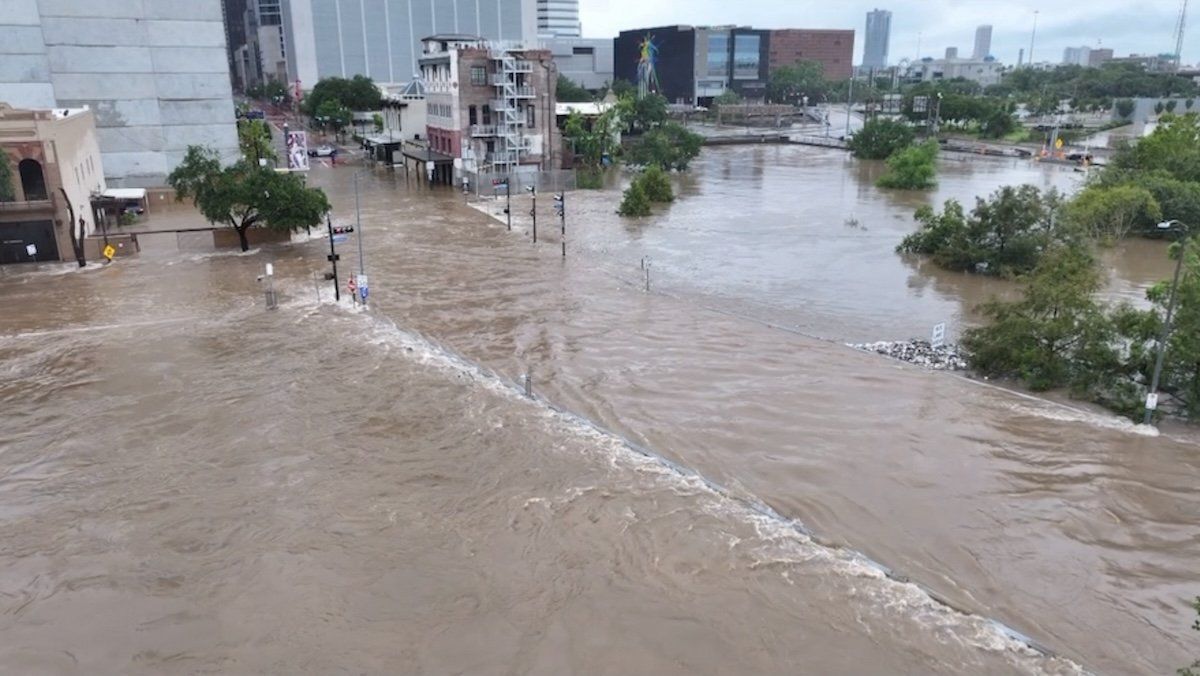Hard Numbers: Doctors at a distance, US inflation falls again, Beryl barrels through insurers, Virginia bans smartphones in schools
670,000: Is there a doctor in the house? Maybe, but if you’re an Ontarian, you might have to travel. At least 670,000 residents of the province live more than 50 kilometers from their family physician, according to a new report. Meanwhile, the number of Ontarians who have no family doctor at all has risen by a third since 2020 to more than 2.5 million people.
3: Annual inflation in the US fell for the third straight month in June, coming in at 3%, down from 3.3% in May. That will give the Fed room to start cutting rates again soon, but popular perceptions of inflation persist. Polling earlier this spring showed that two-thirds of Americans consider high prices a top problem, even after months of declining inflation. Why? Because things cost significantly more than they did before the pandemic-driven price surge.
2.7 billion: Damage inflicted by Hurricane Beryl will cost US insurers at least $2.7 billion, according to initial estimates. The storm, which slammed into southeastern Texas on Monday, lashing the Houston area with heavy wind and rains, destroyed property and left millions without power. For more on how climate change is cooking US insurers, see our special report by Ian Bremmer here.
1.2 million: Virginia will limit or ban cellphone use in public schools, a move that would affect 1.2 million students. Earlier this summer, the Los Angeles city school system issued a similar ban, amid heightened attention to the ways that smartphone use by adolescents can interfere with learning and threaten mental health. In Canada, Alberta will soon join Quebec, Ontario, and British Columbia with a similar measure.
